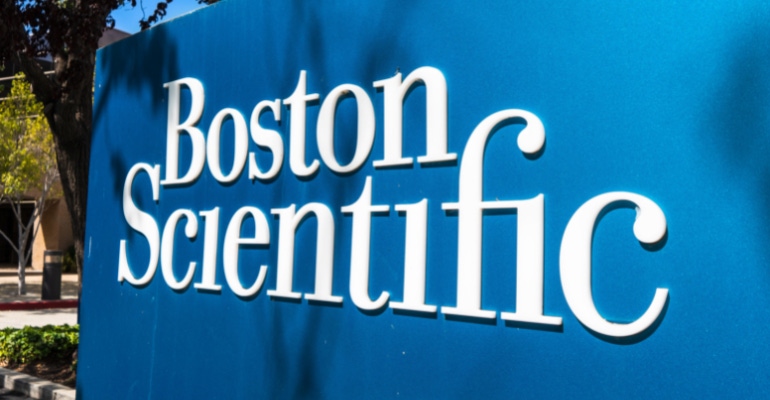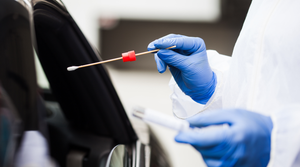Boston Scientific Finds a 'Gem' in Obsidio
Boston Scientific has acquired Obsidio, developer of the Gel Embolic Material (GEM) technology used for embolization of blood vessels in the peripheral vasculature.
August 15, 2022

Boston Scientific's latest tuck-in acquisition could prove to be quite a "gem."
The Marlborough, MA-based company announced the acquisition of Obsidio, a privately-held startup that has developed the Gel Embolic Material (GEM) technology used for embolization of blood vessels in the peripheral vasculature. Based in Columbia, SC, Obsidio received an honorable mention on Fast Company's list of World Changing Ideas Awards earlier this year.
Embolization is a minimally invasive procedure intended to obstruct or reduce blood flow to an abnormality or tumor to stop hemorrhaging, reduce the size of malignant and benign tumors, and stabilize venous and arterial malformations.
Recently cleared by FDA, the GEM technology is a semi-solid material packaged in a ready-to-use form. Physicians deliver the GEM agent through a catheter, and its gel-like composition enables controlled placement within patient anatomy. Unlike solid and liquid embolics that can take time to form an obstruction to blood flow, once placed, the GEM technology conforms to the targeted vasculature, immediately creating a barrier.
"The GEM technology combines benefits of currently available embolics, such as precise control of a solid and malleability of a liquid, to create a unique technology that offers procedural efficiency and a more personalized therapy for patients," said Peter Pattison, president of Boston Scientific's interventional oncology and embolization business, Boston Scientific. "This acquisition strengthens our interventional oncology and embolization portfolio with a differentiated solution for physicians and their patients suffering from hemorrhages, cancer, and other debilitating conditions."
Financial terms of the deal were not disclosed, but Boston Scientific noted that it is expected to be immaterial to its GAAP and adjusted earnings per share in 2022.
Boston Scientific's recent M&A activity
After an acquisitive 2021, Boston Scientific has been relatively quiet this year on the M&A front. The company did, however, buy a majority stake (about 64%) in M.I. Tech earlier this year. Based in Korea, M.I. Tech makes medical devices for endoscopic and urologic procedures. The company also developed the Hanarostent technology, a family of conformable, non-vascular, self-expanding metal stents, which Boston Scientific has distributed in Japan since 2015.
Last year, Boston Scientific announced five acquisitions, including a 1.75 billion acqusition of Baylis Medical (completed in February). The companies other 2021 acquisitions included Preventice Solutions for $925 million; Farapulse for $295 million; Lumenis for $1.07 billion; and Devoro Medical for $269 million.
Boston Scientific isn't the only company in the medical device industry that has been less acquisitive in 2022, compared to 2021. In a May 20 research note, Needham & Co.'s Mike Matson observed that the industry had shifted to a seller's strike.
"While growth company valuations are down significantly, we think that we may have transitioned from a buyers' strike (due to high valuations) to a sellers' strike (due to low valuations) and believe that valuations may need to remain depressed for some time before the sellers are willing to accept typical acquisition premiums over their current valuations," Matson wrote.
About the Author(s)
You May Also Like




